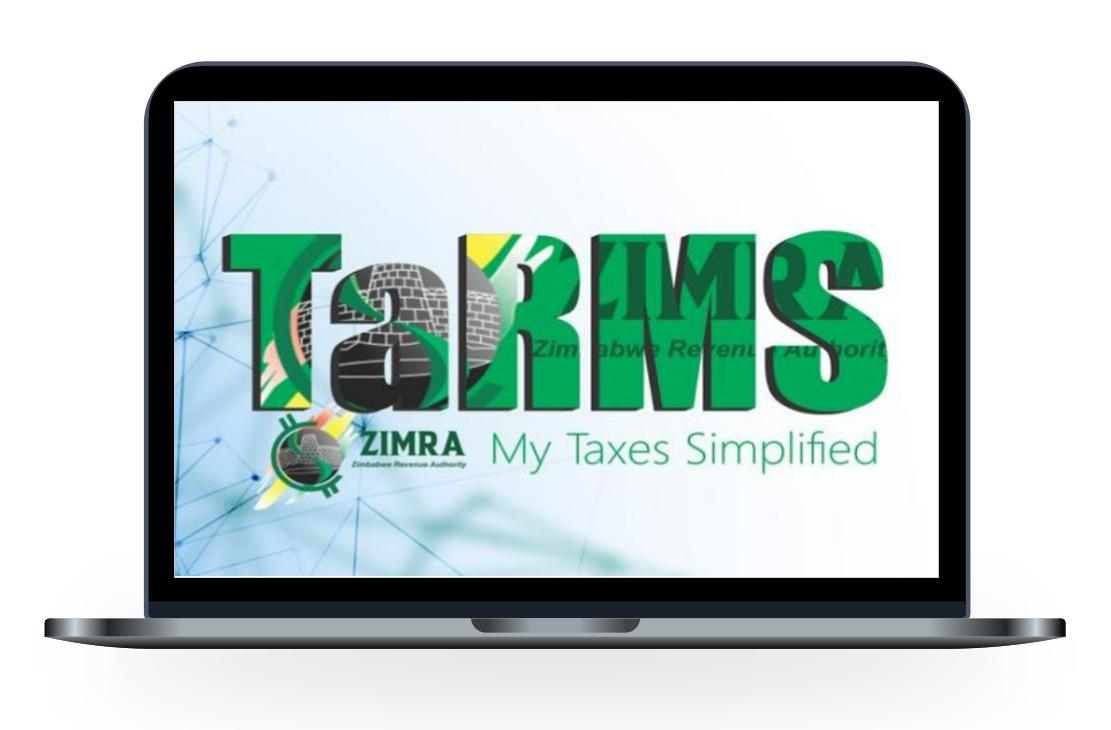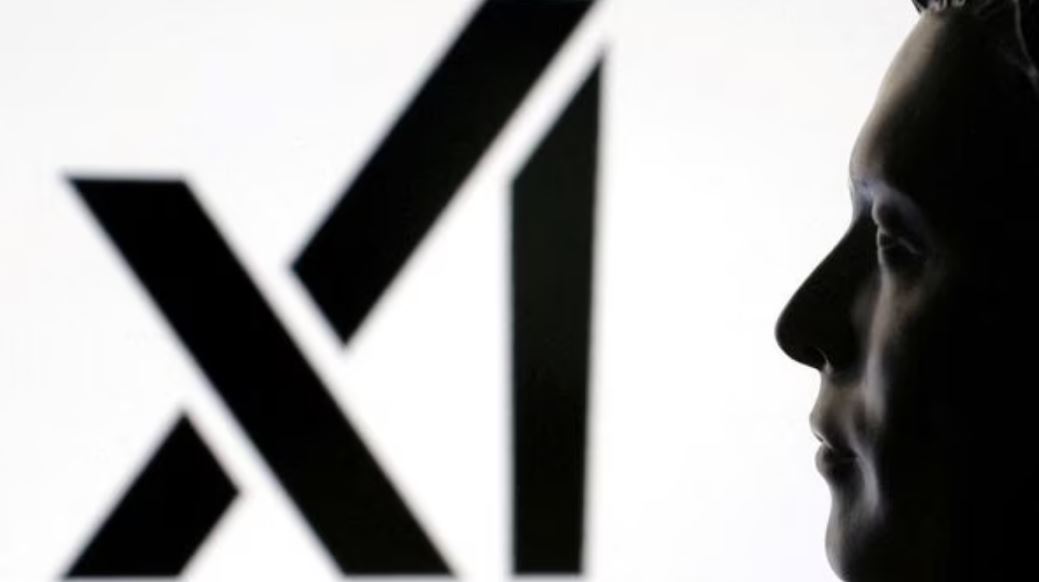The Herald ran a story announcing that Kwese TV never applied for a licence which we have known from the beginning. They cited various ‘players in the industry’ who gave their opinions but did not want to be identified. Who are these players? Could it be BAZ or maybe the Ministry of Media, Information and Broadcasting Services hiding their identities on account of the weak responses they have? They seemed to be responding to the threat of legal action by Dr Dish through its lawyers. I think it’s not far fetched to think that.
In all the mumbo jumbo there, one thing stood out. The Dr Dish licence and it’s cancellation. If you remember, Dr Dish has or had a content distribution licence which they intended to use to distribute Kwese TV content. That licence was cancelled by the CEO of the Broadcasting Authority of Zimbabwe (BAZ). Why did he do that and can he do that? Let’s look at what both sides are saying.
- Dr Dish says: The BAZ CEO had no authority to cancel the licence.
The above-mentioned ‘players in the industry‘ did not respond to this.
(This would mean the licence is reinstated, at least until the board ratifies the cancellation decision. If a BAZ board is established and ratifies the CEO’s decision this argument would fall away.)
- Dr Dish says: The cancellation is irrational if it restricts their licence to just My TV Africa content. My TV Africa may have been mentioned explicitly in the licence application but that was not meant to be restrictive of the content distributors they could have. The identity of the content suppliers is immaterial since it is subject to change and subject to notice. This notice was given and was received by BAZ in 2016.
The players in the industry say the content supplier is integral to the licensing process and a change in supplier should lead to cancellation of the original licence. The licence awarded to Dr Dish was specific to My TV Africa and so should they want to distribute Kwese TV content, they need to apply for a new licence.
(This is the crux of the argument. It will all boil down to interpretation of the Broadcasting Services Act. The fact that BAZ accepted the notification given by Dr Dish of the change in content supplier back in 2016 raises a lot of questions. Why are they now recanting that acceptance? Who knows) - Dr Dish says: Cancellation on the grounds of failure to pay licence fees for 3 years is not valid as the funds were obtained and were paid and received by BAZ, albeit just recently on the 18th August this year.
The players in the industry say the funds were obtained from a prospective content supplier and this may be Kwese TV working in the background to get a licence through a “weak” partner.
(BAZ does seem to be going back on decisions already made which may suggest external pressure to deny Dr Dish the authority to distribute Kwese TV. The argument about Dr Dish obtaining funds from their would-be supplier is invalid as there are no legal ramifications to that. Nowhere does the relevant Act prohibit this )
There are many other arguments from both sides but if the interpretation of the Broadcasting Services Act is agreed upon most of those would become irrelevant. If the case eventually goes to court it will be interesting to see what their interpretation of the law will be.
From what little we understand about the issues at hand do you think BAZ is justified in cancelling the licence? Or do you think it has something to do with some powerful people with interests in DStv protecting their investment? Or just sticking it to Strive Masiyiwa? Let us know what you think.














Comments
9 responses
Good reporting. The expert in the Herald story says that the government issues licences to introduce foreign content in Zimbabwean airwaves. Does this imply that if one is interested in introducing local content they don’t need a licence? Can some kindly enlighten on this. Am not just asking because I am supporting one side but because the answer could through a new lease of life to local content developers!
If your report is true, then BAZ is wrong. The courts will re-instate DR Dish’s licence and Kwese TV will be on our screens soon
The writer (otherwise known as the ‘expert’) of the Herald article is none other than Supa Mandiwanzira. He must have drafted the article and given it to some reporter in order to hide his identity. The tone gives Mandiwanzira away.
Super once said that Strive wanted to do the trump in Zimbabwe. Refusing to license Kwese Tv or anyone working with it has nothing to do with the rules and regulations or the law. It heavily smells of political fear in addition to the ruling elite’s jealousy for Masiyiwa’s economic and financial success. A small bribe could loosen the keys. Who knows?
But you see, Strive does not support bribes as a matter of principle. How many in the entire Zanu (poisonous front) have principles?
It is shameful journalism that such an article would make its way into a national newspaper. The idea was, using non existent experts, to influence public sentiments against Kwese, not really for the benefit of the public, but principally to protect the personal and private interests of some politicians in DSTV. Theirs was an emotional reaction at the realization that the cheap and easy money that they hand angled themselves for from Econet was not coming after all! Hence the scorched earth approach. Interestingly, the case appears sucked in the factionalism currently playing out. The stance taken by the Herald and the language they are using to rubbish Kwese, and especially the use of nameless, faceless experts, gives them away as to who is writing these articles…It remains to be seen if the factions will put aside their almost murderous animosities, put on pause accusations and counter accusations of witchcraft, poison, state capture etc, and band together to fight Kwese. That is highly unlikely, though…But for some of us the message to the Govt, now the Courts and even Econet is one: Bring Kwese Home!
With Supa conflict of interest can’t be ruled out
Ummmm. Quite a few issues to be paid attention to before hurrying up to make various conclusions, bearing in mind that this is almost purely a Dr. Dish Vs BAZ matter from a legal point of view.
1. Is the Act flexible regarding change of supplier declared during application stage ? Very critical question. Most of the license requirements are actually in the Broadcasting Act. Its this point which may lead the parties to Constitutional court because BAZ will have no control over things enshrined in an ACT. Any other issues come after this determination such as …
2. If Dr. Dish submitted a “notification of change of supplier of content”, did BAZ “accept the change in writing” ? Notification alone is ordinarily not sufficient for licensed activities. Of course if license details do not specify the “acceptance of changes in writing” it will be another issue for the lawyers. Acceptance of the changes by the authorities normally completes the cycle before proceeding to implementation.
3. The issue of long term arrears would normally be covered somewhere in the license details. If not, then the lawyers from both sides have a bit of work to deal with that. However, the fact of payment being received can be considered neither here nor there because bank transfers will normally get into the account without the need for approval by account holder anyway. Unless payment was made in the form of cash ?
4. The aspect of not delivering the service within some time frame specified within the license is normally a thorn in the side. It leaves Dr. Dish at the discretion of the BAZ or the minister. However, there is normally a process or procedure to be followed before license termination under such a situation. Whether that was being followed prior to termination or not is another matter for consideration.
** It appears that failure by Kwese to close “strategic” deals with two other state entities (as reported elsewhere) could have created an atmosphere for them. ZBC belongs to the same ministry as BAZ while Kwese failed to close a “needed” deal with ZBC. Both sides certainly got to know enough of each other during the failed negotiations.
As for DSTV being favored or protected, or the state simply sticking it out on Strive, all depends on individual perceptions. I think that the key thing is to iron out all the little things in the Act and the Dr. Dish License as a priority before paying too much attention to softer issues. A lot of things can happen around this License and the Act issue including opening of pandoras boxes on either side.
I don’t read the Herald or listen to the state nonsense on all the radio stations. i find it belittling to have people trying to think for me, I’m quite capable of doing that myself. That way I have maintained my sanity since 1999.